BLog
|
The road to Bucharest ... Through Pitesti 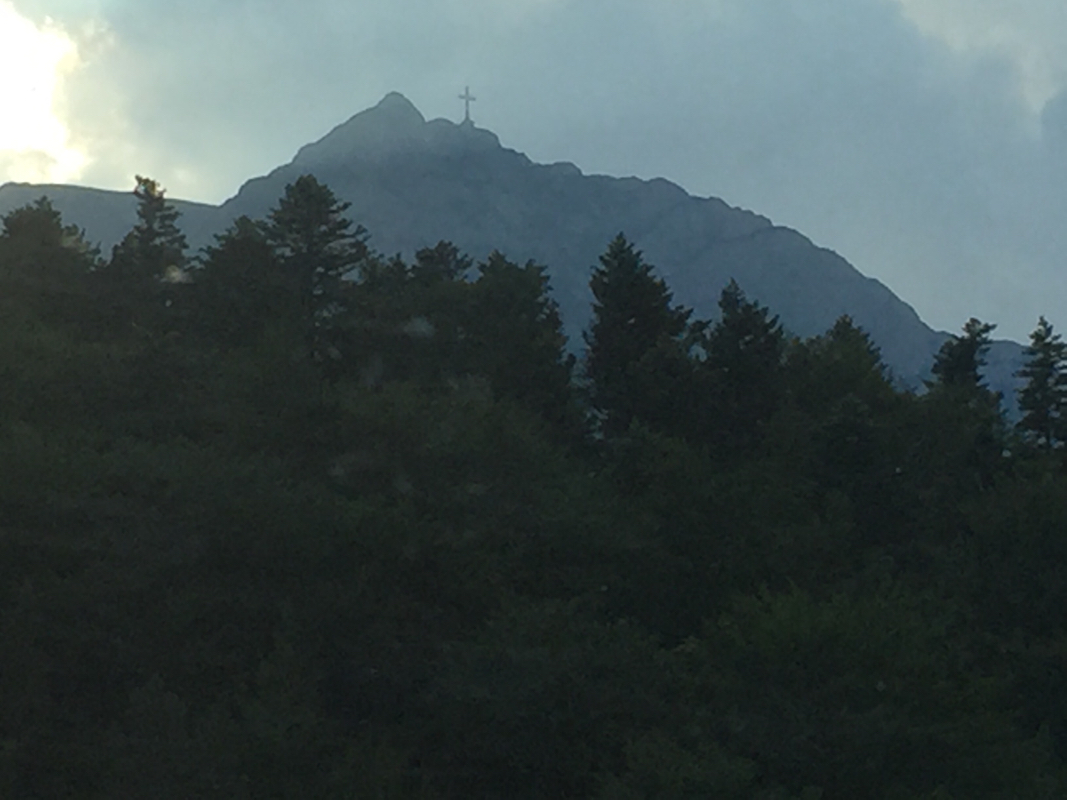 After captured by guards, armed guides walked dad and Artur through the mountains of Transylvania for several days. They were finally taken to a castle and questioned more on their purpose. There was difficulty due to the language barrier and unfamiliarity with the Hungary-Romanian conflict. They finally signed a document and were taken to a cell filled with Hungarian soldiers, 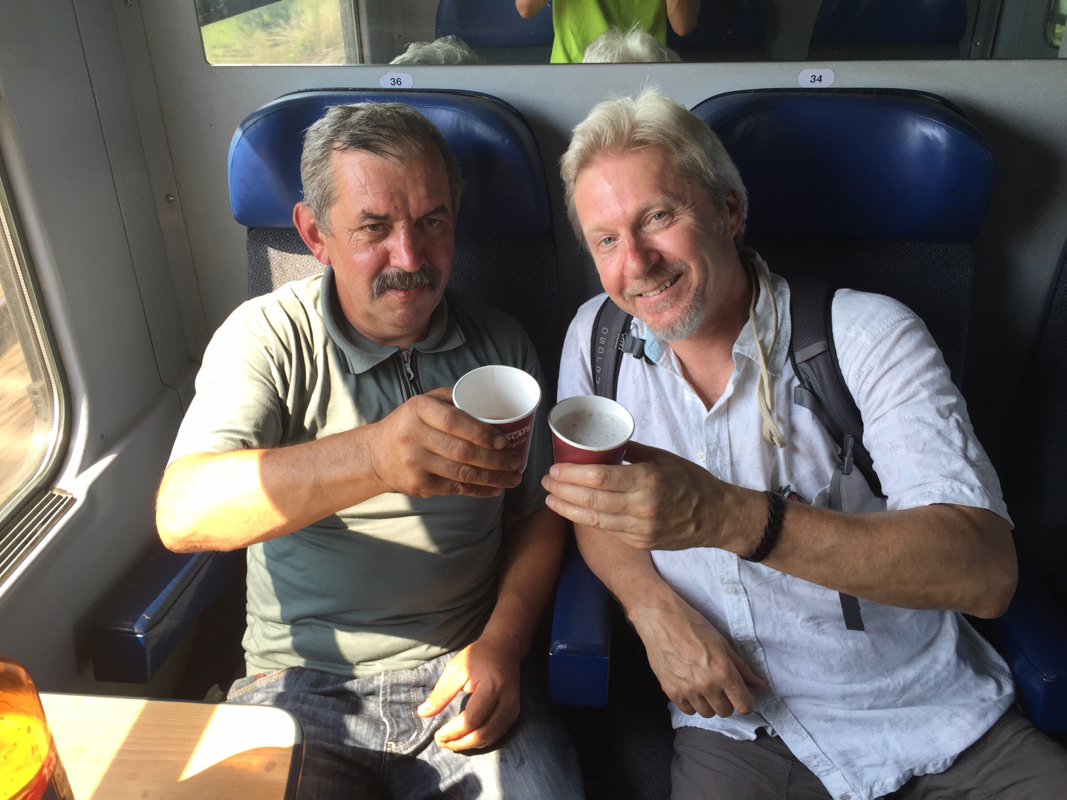 From a nearby town, about 150 prisoners were transported by cattle cars to a prison camp in Pitesti. Their train must have taken at least 12 hours, cause my train from Cluj to Bucharest took that long, I learned there was no food or beverages on the train, so this man welcomed me into his compartment with a gesture of a refreshment. We proceeded to share 2.5 liters of Romanian beer over the next few sticky hours. It was translated to me that he doesn't like to drink alone. He also insisted I take a cabbage roll. 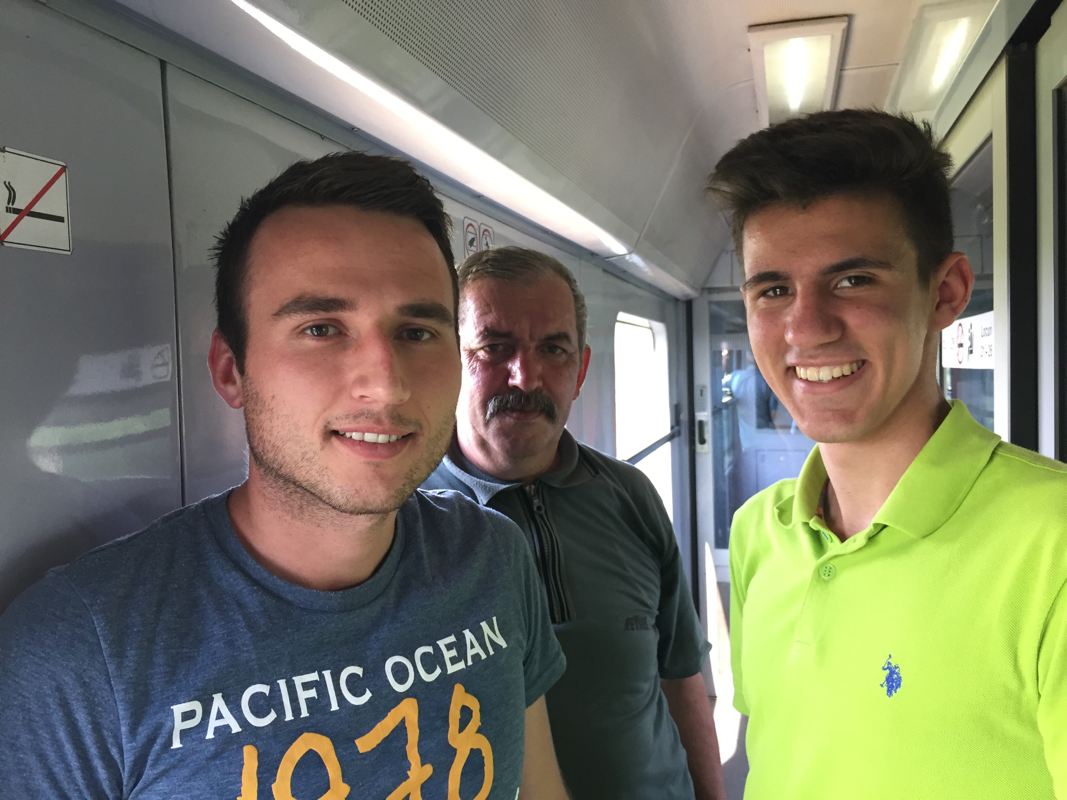 My dad estimated 50 prisoners in each of the 3 cattle cars. No windows with little ventilation along the top of each car. Dad and Artur were among just a handful of civilians. The rest Hungarian soldiers, a few German soldiers, and two unfortunate Serb university students who were drafted into the Hungarian army. Conversely, I was accompanied by quite friendly Romanian travelers who made the 12 hours fly by. I could NOT get Stephan to smile... Apparently he only smiles for the camera when holding a beer. When their train finally reached Pitesti, all prisoners were marched to a military base in the city where 3 crudely built barracks were constructed to house the prisoners. My dad describes them as 'just like Hogans Heroes.' While walking through the town, dad and Artur spoke excessively loud in Polish, explaining their quest, hoping to capture the attention of Polish expatriates. Fortunately, they would soon learn that a Polush community existed in the town.
3 Comments
Captured in Transylvania 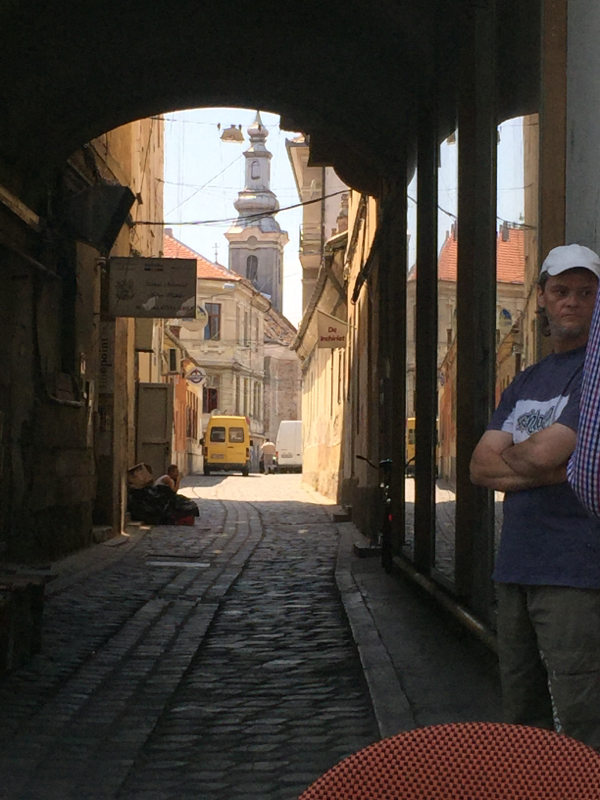 Cluj is the cultural capital of Transylvania. Dad and Artur departed the train station early in the morning, and after provided breakfast from a fellow traveller who happened to be a Hungarian officer, the two departed for the countryside. Their goal was to sneak across the border into Romania and continue south. 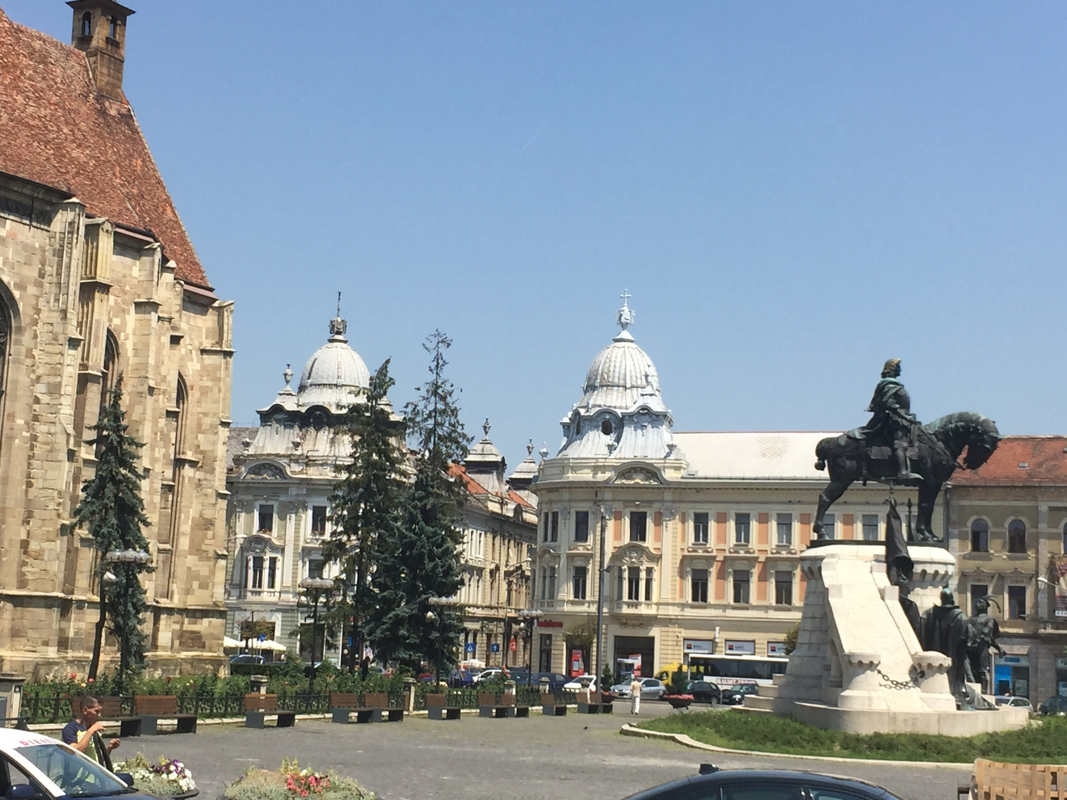 Unknown to the Polish travelers, Romania had changed sides in the War, and were now enemies with Hungary. Romania was now on the side of the Allies, and very suspicious of any travelers or activity from Hungary. The Hungarian government at this time supported Nazi Germany, and their Army fought alongside Germany. 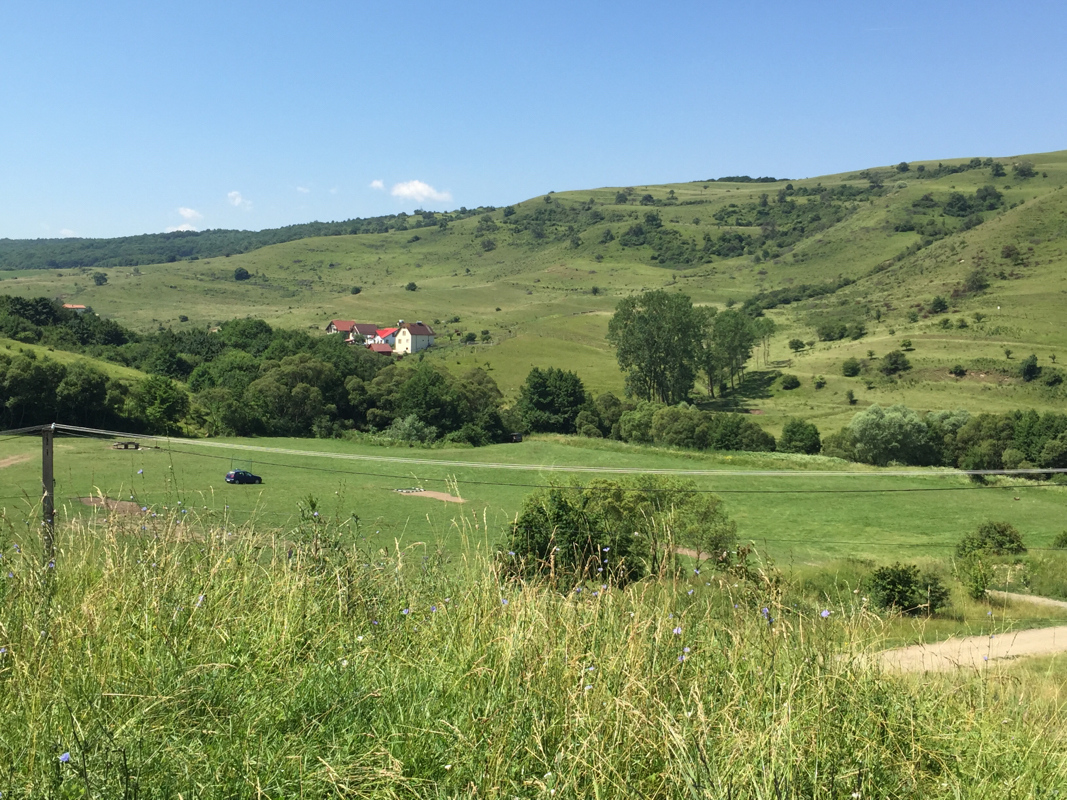 The area south of Cluj is heavy forest, the northern edge of Transylvania. Dad and Artur finally came upon a farmhouse and asked for food and directions. The farmer motioned for them to wait. After some time and just as the suspicious Poles got up to leave, armed border guards appeared. The Romanian instructions to raise their hands were well understood. The two non uniformed men were suspected of being spies for Hungary. 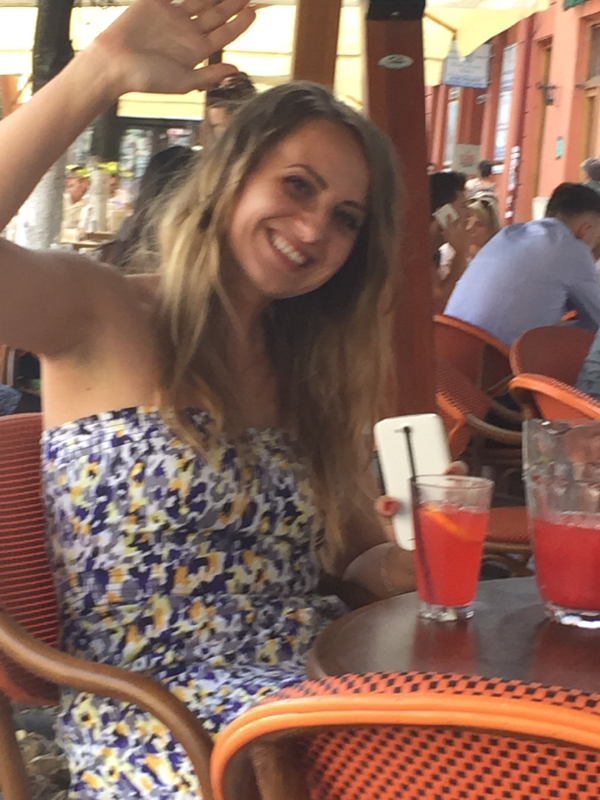 The city center of Cluj today is lined with outdoor cafes that are busy through the day and night. I enjoyed a much different welcome than what my dad and Artur received. Tomorrow morning I will take the train south to Bucharest. Their journey to Bucharest was much more difficult and memorable. I'll try and share their experience through more photos.  Before embarking on this journey south that my father travelled, he escaped from an Austrian farm where he was forced to labor for the Germans. Following that escape, he travelled north through the Slovakian mountains back to Poland. Along the way, he and a Ukraine named Michal were often provided food and shelter from the locals. That Slovakian hospitality still exists today, as evidenced from my airbnb hostess Zuzana. 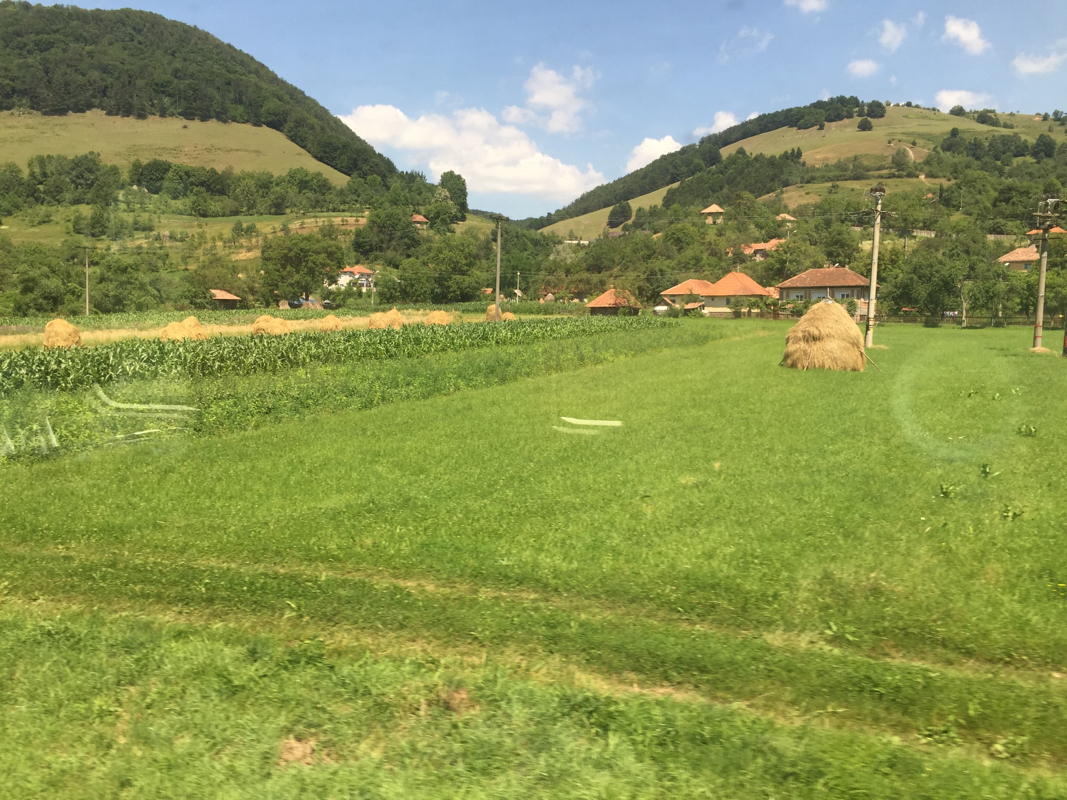 Dad and Artur managed to take the train for much of their travel south of Kosice. They would exit before the border and slip across the to catch a train past the border. Today the police enter at these towns to check your passport on the train: a much more relaxed checkpoint to be sure. This photo was taken from a dining car just before reaching Cluj, which before the War was on the Hungarian border next to Romania. Dad and Artur arrived here early in the morning, confident in their quest to reach Italy by way of Palestine, The Carpathian Mountains 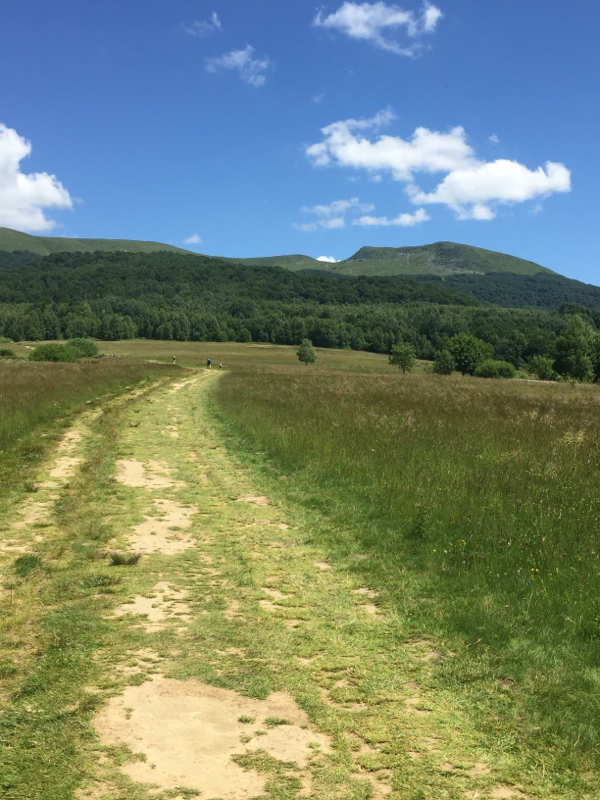 From where I took this photo it is 5 kilometers to reach the top of that mountain, above the tree line. My father and Artur walked over 215 kilometers (125 miles) before they reached the town of Presow, Slovakia; where they took a train before getting off close to the Hungary border. Based on how I felt after reaching this peak, I have no idea how they traversed these mountains on foot over days of travel. 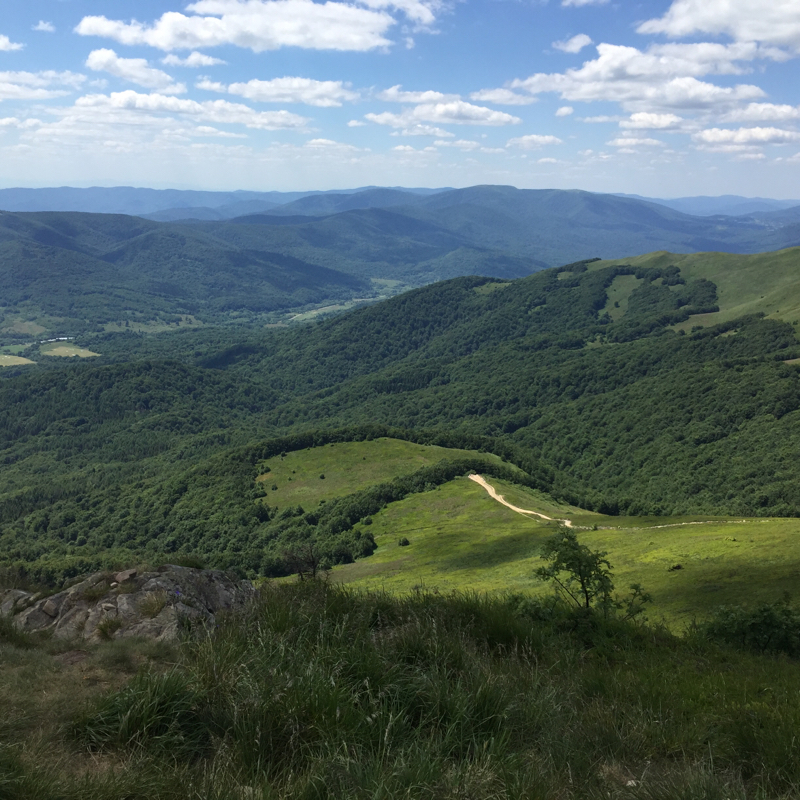 From the top of this mountain in southern Poland you can see the Ukraine and Slovakia. Dad and Artur had to slip past border guards when crossing into Slovakia. Fortunately, they eventually ran into a gang of Slovakian teens in a forest. The teens were planning their own uprising against the Germans, and guided the two tired and hungry Poles to Presow. Here my travel moves out of synch with my fathers journey, but it works logistically with my own travel plans. In August 1944 my father was a runaway. He escaped a butchers farm in Austria where he was forced to labor for the Germans (more on that later), and returned to Poland in hiding. Had he been found, he would have been imprisoned, possibly a concentration camp. While in hiding, he met with an old friend named Artur Wlosek, and together they made plans to trek along Eastern Europe, reach Palestine through Turkey and Northern Africa, and take a ship across the Mediterranean to join Anders Polish Army in Italy. The photos that follow capture parts of that journey. |
Archives
August 2022
Author - Andrew BajdaSince publication of my book in December of 2016, so many amazing things have happened on both a personal and professional level. As the journey continues to evolve, I'll update my travel adventures on this blog, and invite you to join me along the way. Categories |
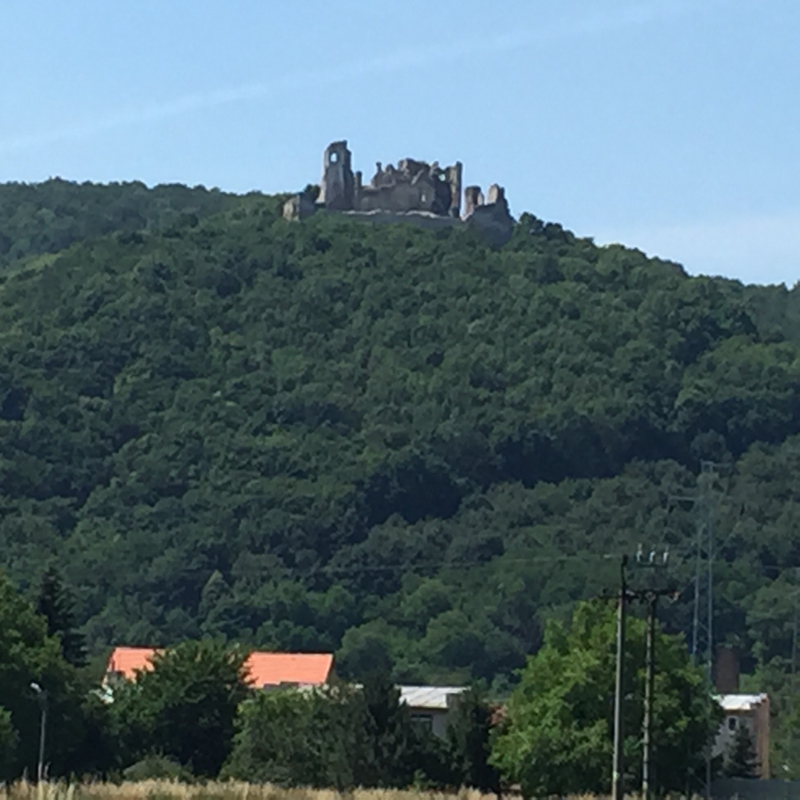
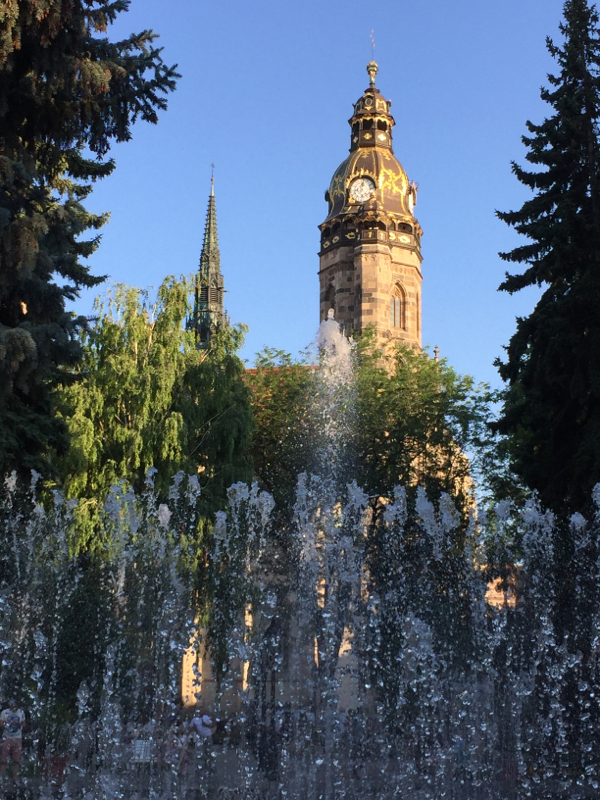
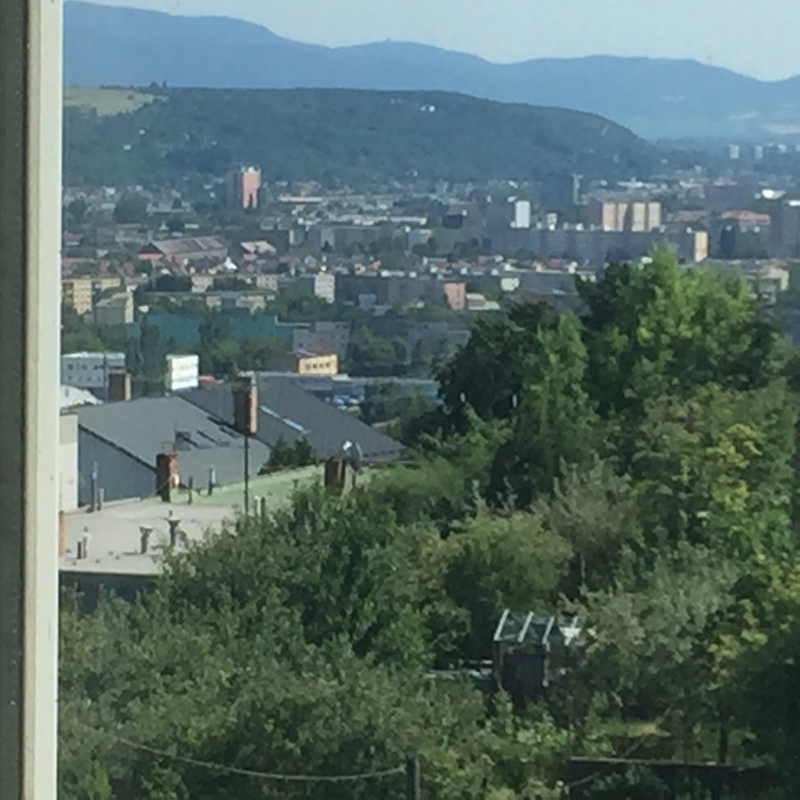
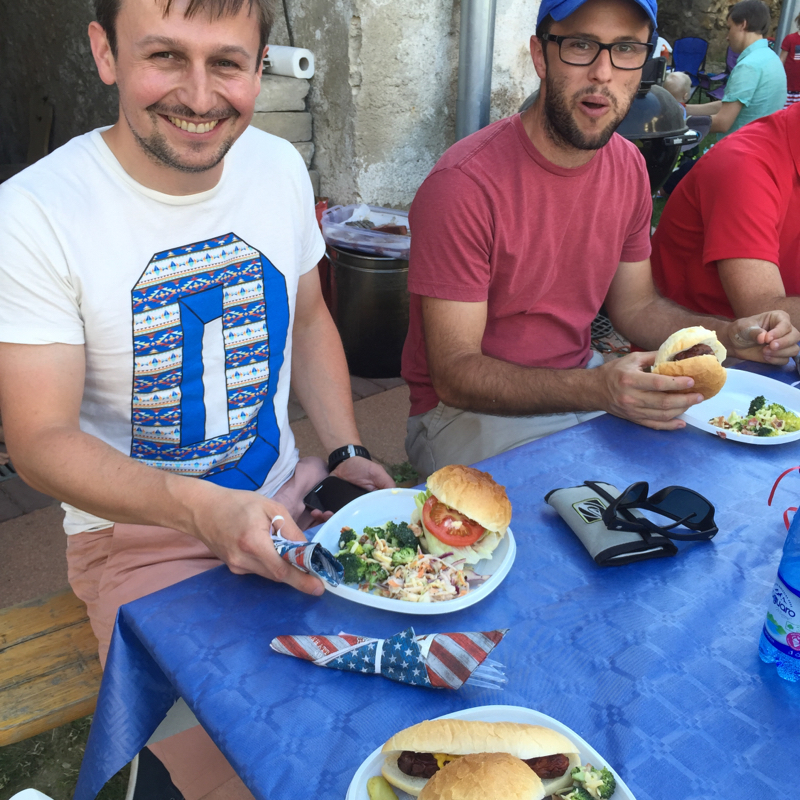

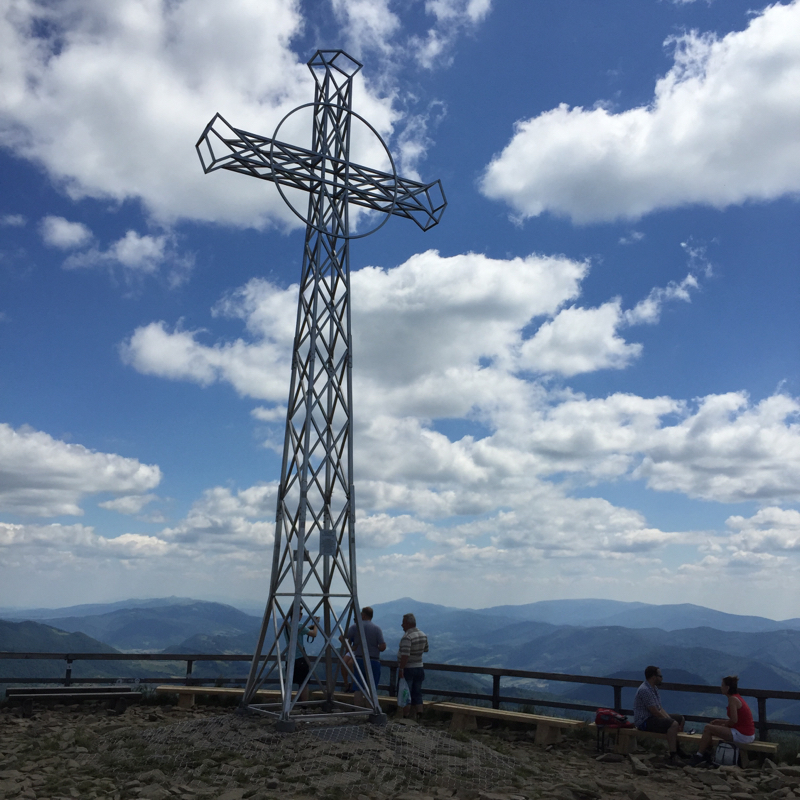
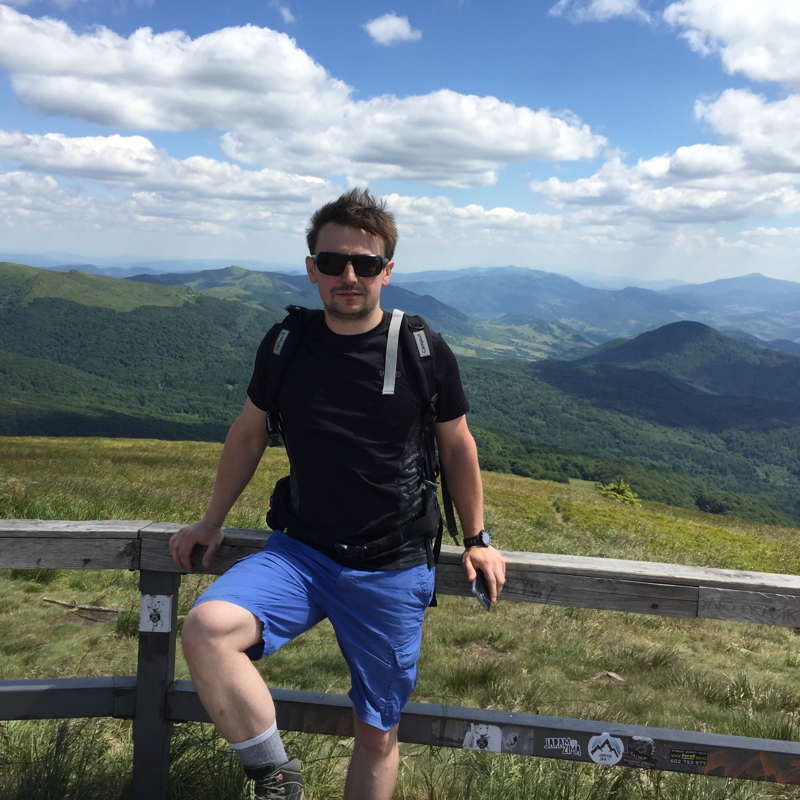
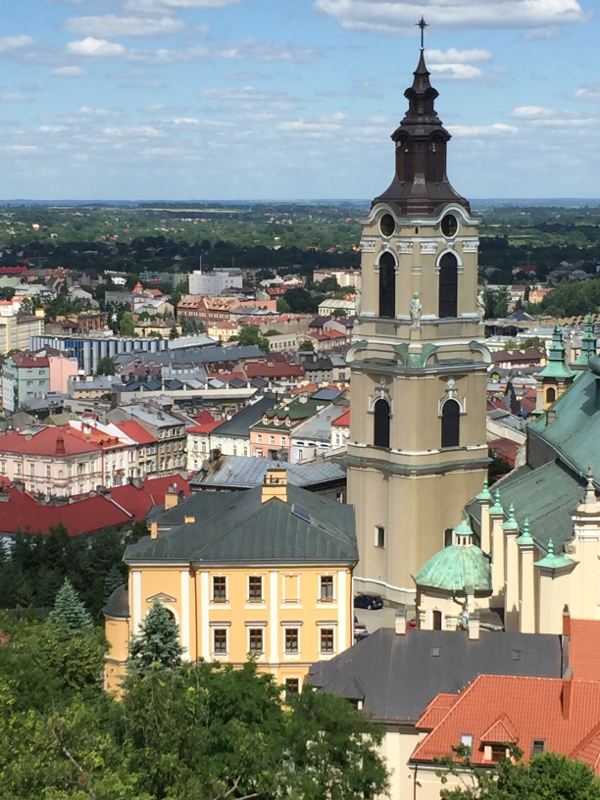
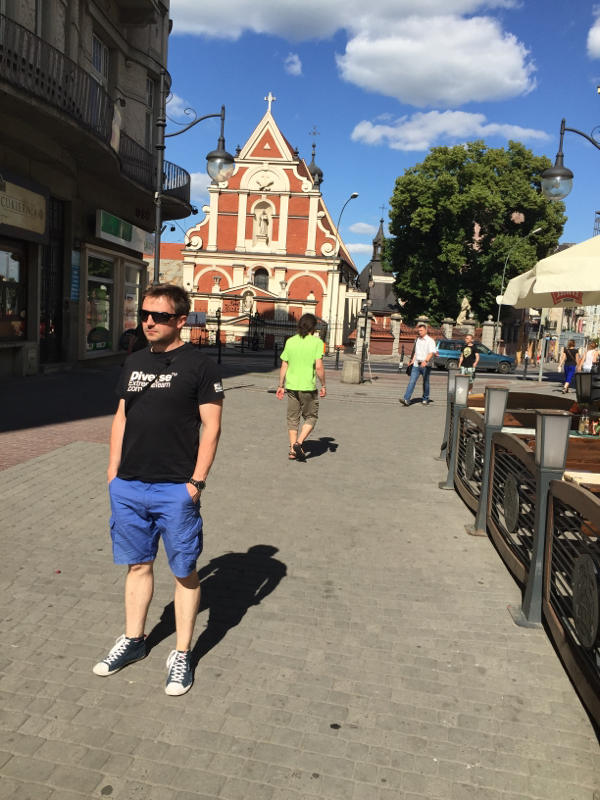
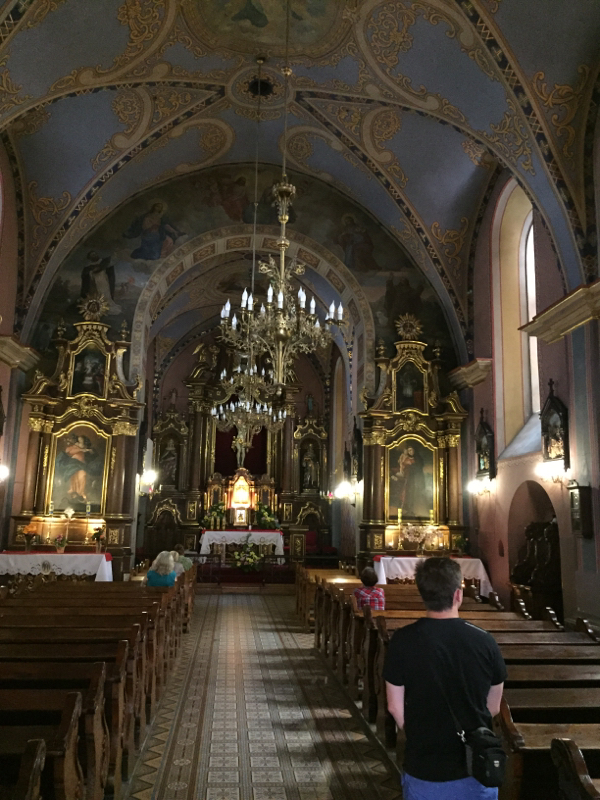
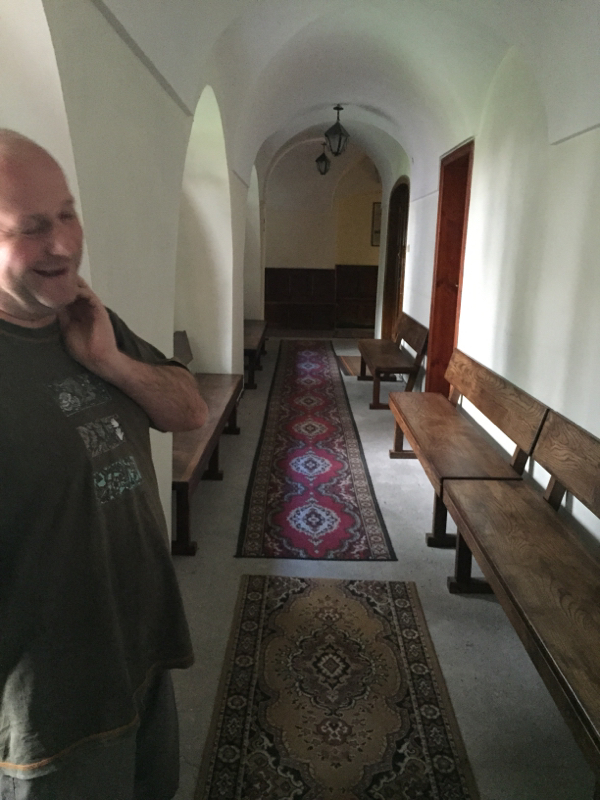
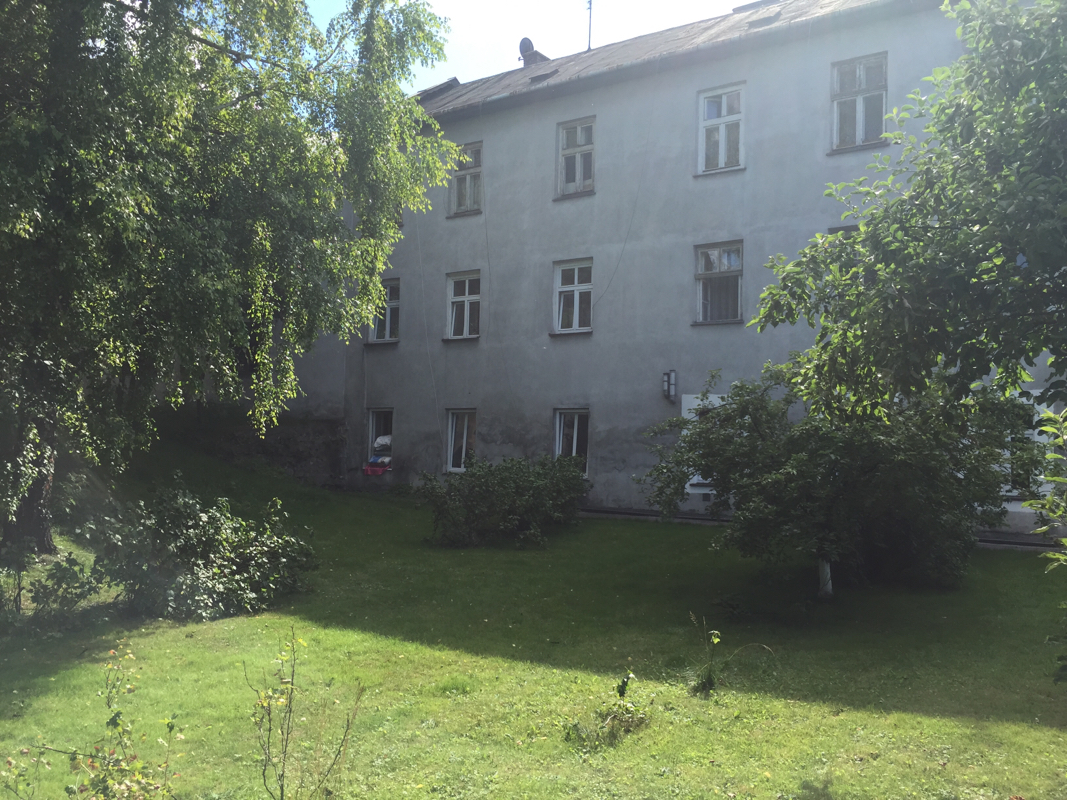
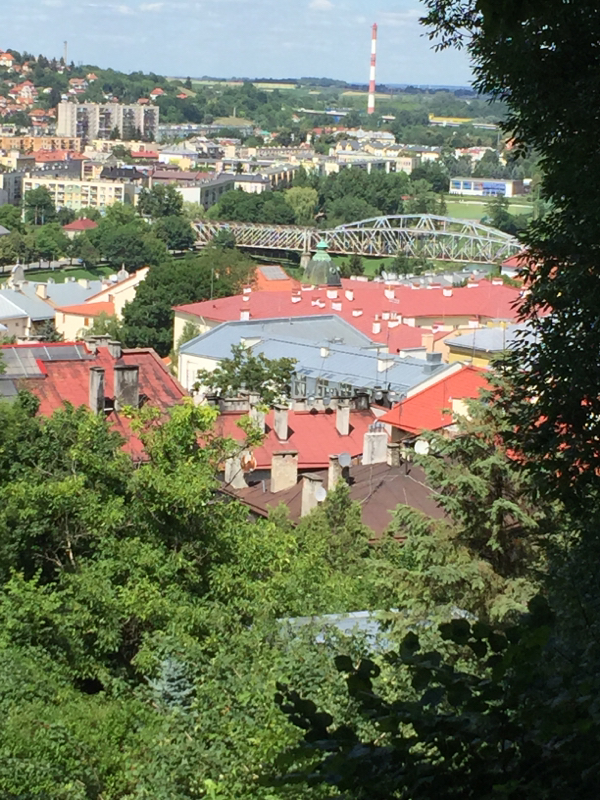
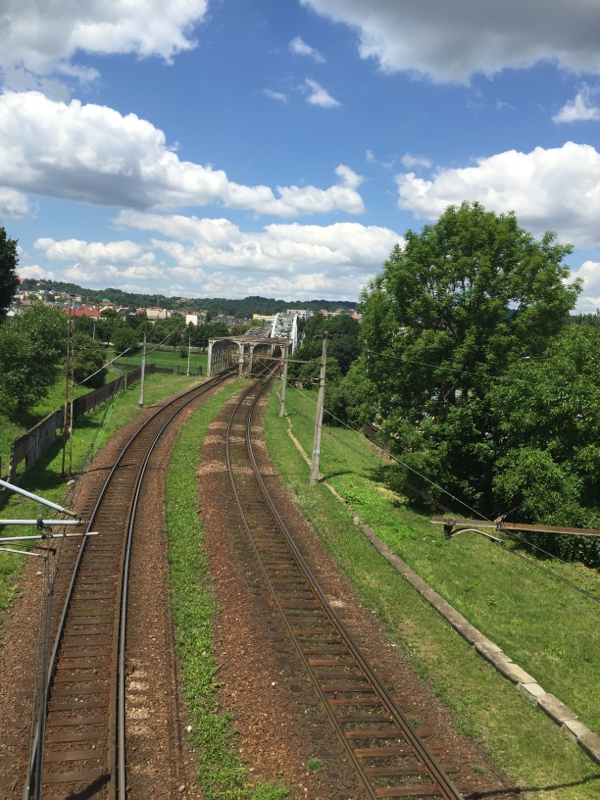
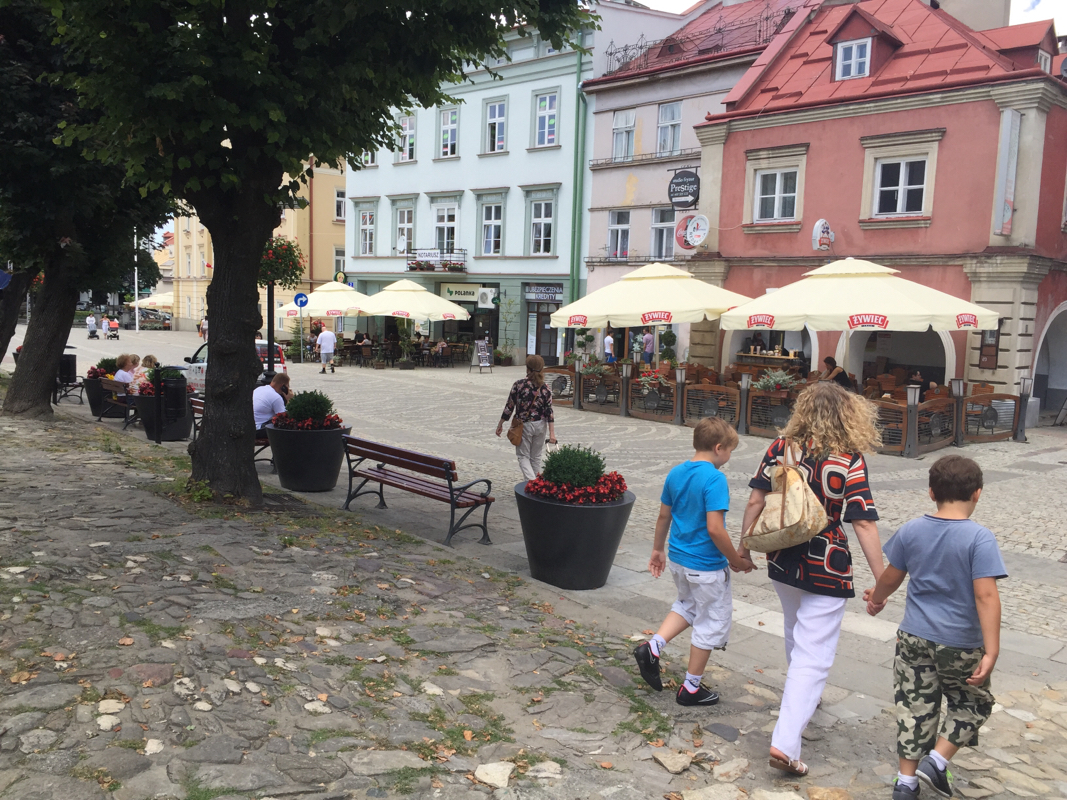
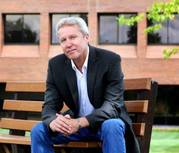
 RSS Feed
RSS Feed